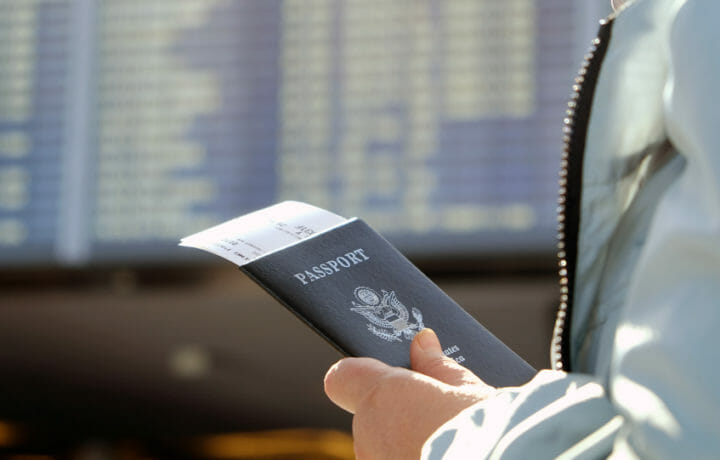The signing of Security Executive Agent Directive (SEAD) 4 in December of 2016 ushered in a new policy for dual citizens holding passports. Previous Adjudicative Guidance barred security clearance holders from “any right, privilege or obligation of foreign citizenship after becoming a U.S. citizen.” – That was interpreted to include any use of a foreign passport. Prior to the publication of SEAD 4, most dual citizens were asked to turn in their foreign passports, or even observe them being destroyed by their new government employer.
The one exception was for certain Intelligence Community SCI clearances, which allowed some dual citizens to exercise the benefits of foreign citizenship while keeping their foreign passports – specifically if the country didn’t pose a particular security risk, and if NOT traveling with the passport of the country in question would be more likely to flag the clearance holder and compromise his or her role with the IC.
SEAD 4 paved the way for this nuanced SCI approach to apply across the IC, but guidance wasn’t issued by the Defense Security Service until Jan. 28. The released Industrial Security Letter provides the guidance government contractors have been waiting for about how to address foreign passports that may be in their possession.
The ISL notes that facility security officers should no longer retain or destroy foreign passports or identity cards for their cleared employees with dual citizenship.
“In order to implement SEAD 4, cleared contractors who have retained a cleared employee’s foreign passport or identity card, based on DoD directions or personnel security adjudicative decisions, should immediately return the foreign passport or identity card to the cleared employee. Upon returning the foreign passport or identity card to the cleared employee, the facility security officer, or designated JPAS user acting on behalf of the contractor, will remind the cleared employee of their responsibility to enter and exit the United States using their U.S. passport,” the ISL reads.
Does this mean dual citizens should immediately plan that return trip home with their original passport, without fear of reprisal? Hardly. The ISL notes that FSOs should remind dual citizens that they are expected to travel with their U.S. passports. Dual citizens have good reason to stay on the right side of this policy decision. Last August the Department of Homeland Security stood up its Continuous Evaluation (CE) Travel Record Data Service project. That means security clearance holders’ travel information is being shared between DHS and the government’s CE systems. Regardless of whether a security clearance holder travels with their U.S. or another country’s passport, expect that information to be provided to the Office of Director of National Intelligence, and potentially used to trigger an investigation if anything suspicious is discovered.
The move emphasizes the importance of self reporting any travel. You might save a few minutes getting through customs on another passport – but you’ll risk losing your clearance.




